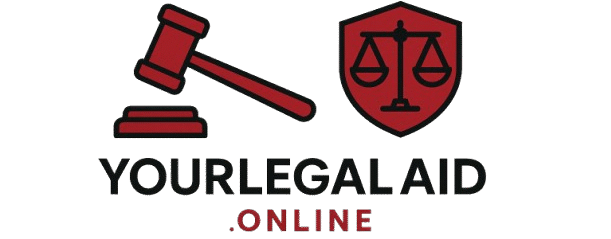Women’s rights are fundamental human rights. They ensure that women can live with dignity, equality, and freedom, free from discrimination and violence. Over the past century, significant progress has been made across the world to recognize and protect women’s rights. Yet, challenges remain, and understanding the laws and protections available to women is crucial for building a fair and just society.
What Are Women’s Rights?
Women’s rights refer to the legal, social, and cultural entitlements and freedoms specifically aimed at ensuring women enjoy equal status and opportunities as men. These rights include:
- Right to Education
- Right to Work and Equal Pay
- Right to Health and Reproductive Choices
- Right to Protection from Violence
- Right to Property and Inheritance
- Political Participation and Representation
These rights are recognized in various national laws and international agreements, such as the Convention on the Elimination of All Forms of Discrimination Against Women (CEDAW).
Legal Protections for Women
Many countries, including India, the United States, the United Kingdom, and others, have enacted laws to protect women’s rights and promote gender equality. Let’s look at some key areas where laws play an important role:
1. Protection Against Violence
Violence against women can take many forms—domestic abuse, sexual harassment, workplace exploitation, or trafficking. Legal protections include:
- Domestic Violence Laws: In India, the Protection of Women from Domestic Violence Act, 2005 offers women protection against physical, emotional, sexual, and economic abuse. Other countries have similar laws.
- Sexual Harassment Laws: Laws like India’s Sexual Harassment of Women at Workplace (Prevention, Prohibition and Redressal) Act, 2013 protect women in professional spaces.
- Strict Penal Codes: Many countries have harsh penalties for crimes like rape, sexual assault, and human trafficking.
These laws aim to provide women with a safe environment both at home and in public.
2. Property and Inheritance Rights
Historically, women were often denied property rights. Modern laws ensure:
- Equal Inheritance Rights: Women can inherit parental and spousal property on equal terms with male relatives.
- Matrimonial Property Rights: In some countries, women have legal rights to jointly owned marital property.
These rights empower women economically and help reduce dependence.
3. Workplace Rights
Women have the right to work in safe, fair, and equal conditions. Key protections include:
- Equal Pay for Equal Work: Laws require employers to pay women the same wages as men for the same work.
- Maternity Benefits: In India, the Maternity Benefit (Amendment) Act, 2017 provides up to 26 weeks of paid maternity leave. Many countries have similar provisions.
- Anti-Discrimination Laws: Prevent bias in hiring, promotion, and workplace practices.
4. Political Participation
Women have the right to vote, run for office, and participate in decision-making bodies. Many countries have introduced quotas or reservations to ensure women’s representation in politics and governance.
5. Education and Health Rights
Access to quality education and healthcare is essential for women’s empowerment. Legal protections include:
- Right to Free Education: Laws ensure girls have equal access to schooling.
- Reproductive Rights: Women have legal rights to make decisions about contraception, pregnancy, and family planning.
Challenges Still Exist
Despite legal protections, women still face:
- Social stigma and cultural barriers
- Lack of awareness about their rights
- Implementation gaps in laws
- Gender-based violence and discrimination
Bridging these gaps requires ongoing efforts, education, and strong enforcement of laws.
Role of Society and Individuals
Laws alone cannot ensure women’s rights. It takes:
- Awareness: Women must know their rights to claim them.
- Support Systems: Families, friends, and communities must stand by women facing injustice.
- Education: Promoting gender equality from a young age changes mindsets.
Conclusion
Women’s rights are not just women’s issues—they are human rights that affect the entire society’s progress and prosperity. While legal protections have come a long way, collective efforts from governments, communities, and individuals are vital to ensure every woman can live free, equal, and secure.
Empowered women create empowered societies. Knowing and defending women’s rights is a crucial step toward building a world where everyone can thrive.
